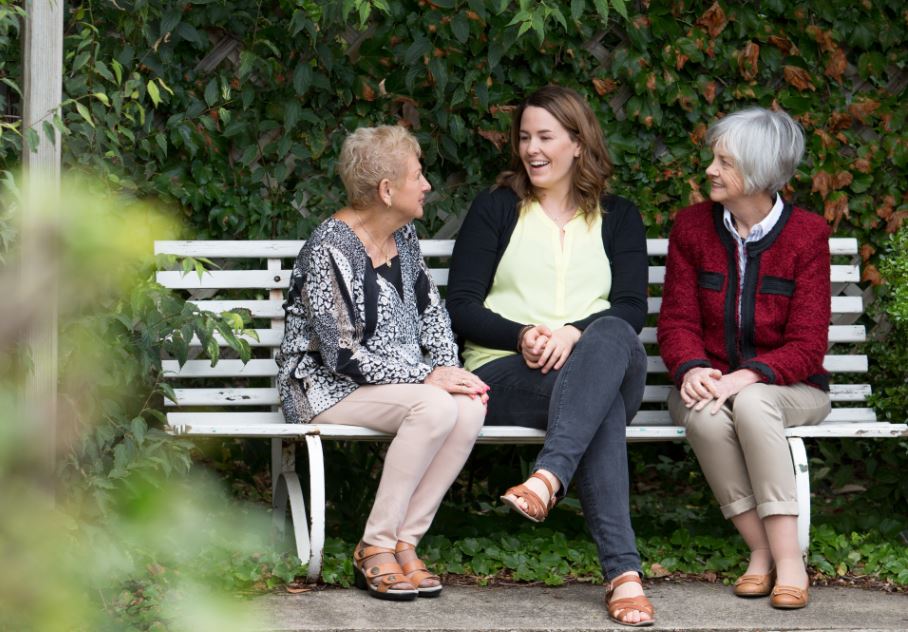
Young onset dementia is a progressive decline in mental functioning that can affect people aged from their early 30s. Scant recognition is contributing to a growing gap in adequate care and services for more than 25,000 Australians currently affected by the condition.
To help address this situation, Flinders University researcher Dr Monica Cations has been awarded $75,000 as part of Dementia Australia’s 2018 Dementia Grants Program, receiving an A&L Project Grant aiming to “close the evidence-practice gap in young onset dementia care”.
Dr Cations plans to work with people with young onset dementia – a term used to describe any form of dementia diagnosed in people under the age of 65 – to track their experiences so far with the National Disability Insurance Scheme.
Her research will include developing education and resources to help disability workers improving their work with people with young onset dementia, a condition with which most have had little previous experience.
“Most importantly, through conducting the trial we are hoping to improve planning and funding practices and outcomes for people with younger onset dementia and their families,” says Dr Cations.
To ensure the suitability of project outcomes for people with younger onset dementia, Dr Cations has been working closely with Adelaide resident Ian Gladstone, who has been living with young onset dementia for the past 10 years and was a consumer reviewer for the grant round.
Dr Cations’ focus on younger onset dementia includes the publication of a recent paper Modifiable Risk Factors for Younger Onset Dementia by Monica Cations, Adrienne Withall and Brian Draper (published in the journal Current Opinion in Psychiatry)
“Although young onset dementia causes high levels of burden and distress, factors that contribute to its onset are not well understood. Identifying relevant modifiable risk and protective factors can inform efforts to prevent or delay onset of symptoms to later in life,” says Dr Cations, explaining the significance of the recent paper.
Chair of the Dementia Australia Research Foundation, Professor Graeme Samuel AC, says the annual Dementia Grants Program provides a valuable opportunity for researchers to make a difference in the field of dementia.
“Without a medical breakthrough, the number of people with dementia is expected to increase to almost 1.1 million by 2058,” says Professor Samuel.
“These grants provide vital insights into reducing dementia risk, improving accurate and timely diagnoses and establishing treatment and care options for people who live with dementia. It is especially promising to see research into less common forms of dementia.”

